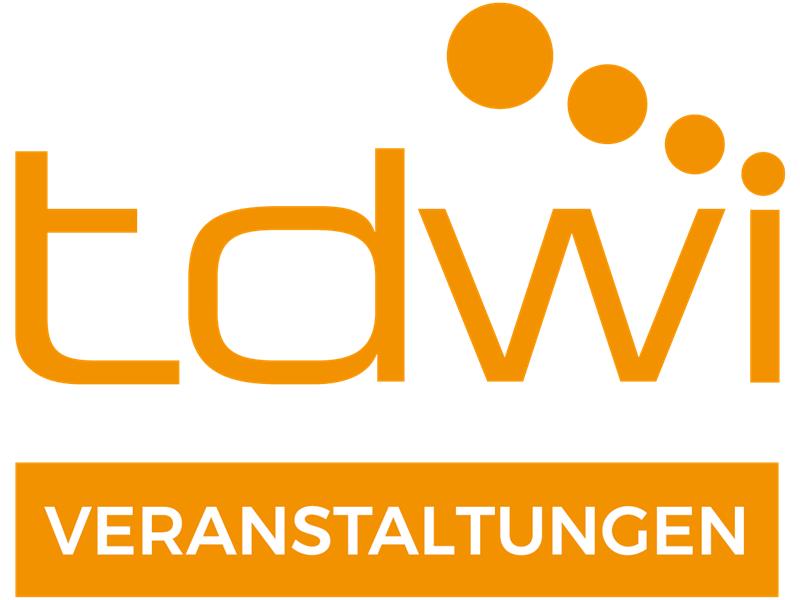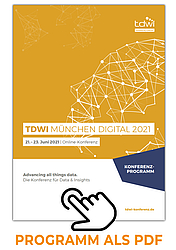
PROGRAMM
Die im Konferenzprogramm der TDWI München digital 2021 angegebenen Uhrzeiten entsprechen der Central European Time (CET).
Per Klick auf "VORTRAG MERKEN" innerhalb der Vortragsbeschreibungen können Sie sich Ihren eigenen Zeitplan zusammenstellen. Sie können diesen über das Symbol in der rechten oberen Ecke jederzeit einsehen.
Für alle, die eine alternative Darstellung bevorzugen bieten wir unser Programm-PDF an:
» Zum PDF-Download
Gerne können Sie die Konferenzprogramm auch mit Ihren Kollegen und/oder über Social Media teilen.
Distributed databases in a microservice environment
Using distributed databases across various microservices will be explained based on a research project example. The presentation elaborates of how to achieve data consistency across microservices, how to communicate using message brokers, how to scale the microservices and achieve high application availability. Container virtualization and orchestration are technology basis for the solution. The project example shows of how to build an Artificial Intelligence (AI) solution – as a service!
Target Audience: Data Engineer, Data Scientist, Project leader, Architects
Prerequisites: Common understanding of database technology and architecture
Level: Advanced
Extended Abstract:
Developing microservices have various advantages compared to traditional monolith approach. Loose coupled microservices enables smaller teams to develop independently and using CI/CD at a daily basis. Microservices can be scaled independently using different database technologies optimised for particular use cases. The microservices are fault isolated so particular failures will not result in an overall outage.
But how to ensure data consistency for all distributed databases across the microservices? How to react at particular failures? And how to interact and communicate between services?
A research project for intelligent energy analysis will be presented. The solution realizes an Artificial Intelligence (AI) solution analyzing streaming data near real time to ensure energy savings in a production environment. The presentation will explain the steps necessary to establish a microservice environment for Artificial Intelligence and Machine Learning. Central logging guarantees operations monitoring across all microservices. Dashboards presents the results to technical staff monitoring the Machine Learning libraries as well as to the process owner of the domain, e.g. the operations manager or insurance agent. The solution is based on Docker as container virtualisation technology and Kubernetes for container orchestration. In the research project, the solution is realized on premise, but can be easily deployed in the cloud.
Lead Consultant


